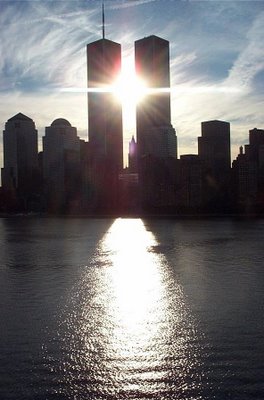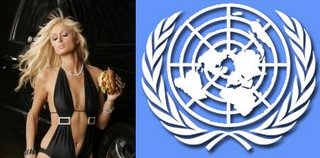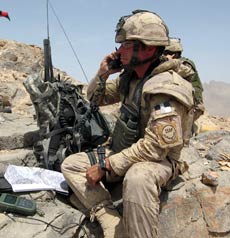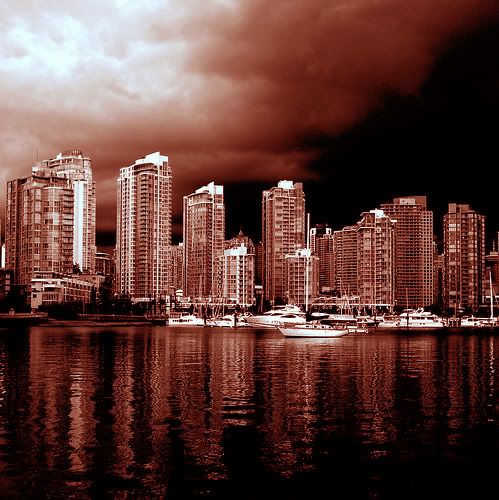The Sudanese government has ordered African peacekeepers to leave the troubled province of Darfur by the end of the month, raising concerns about the plight of thousands of refugees in the region.Jamal Ibrahim, a foreign ministry spokesman, said the 7,000-strong African Union force deployed in the province would have to leave before the start of October.
"If they are unable to continue with their assignment in Darfur beyond September 30, then they have to leave before that date," he said. "At the same time, they have no right to transfer this assignment to the UN or any other body. This right rests only with the government of Sudan."
International observers have demanded that the under-equipped peacekeeping force be replaced by a more effective UN contingent. The removal of all troops is seen as a worrying development as it would leave no barrier between the region's rebel groups and their government-backed opponents.
Noureddine Mezni, a spokesman for the African Union, said Khartoum had not yet informed the union of its decision.
The foreign ministry spokesman said the government would pursue its own plans to pacify Darfur. "Sudan will proceed with implementation of the Darfur peace agreement according to its own plan to restore security and stability in the region."
Fighting in the province, along Sudan's western border, has resulted in at least 200,000 deaths in three years and displaced 2.5 million people. Last year the conflict spilled over into neighbouring Chad and briefly brought the two countries to the brink of war, while in 2004 the UN labelled the situation the world's worst humanitarian crisis.
The conflict began in 2003 when a collection of local rebel groups began attacking Sudanese government offices. Brutal retaliation from the government-backed Janjaweed militia followed, with thousands of people killed and villages torched.
Khartoum has refused repeated efforts to establish a 20,000-strong UN peacekeeping force in the province, and on Thursday it rejected the most recent UN proposal to send in troops.
In a speech at the weekend the president, Omar Bashir, described the proposed UN mission as "old-time colonialism in new clothes", while his vice-president, Ali Osman Taha, held up Hizbullah as an example to the Sudanese people of how to resist UN troops.
"We have options and plans for confronting the international intervention," he was quoted as saying by the state news agency, Suna. "We are prepared for all possibilities."
Local papers reported that crowds of demonstrators burned US and British flags and chanted anti-UN slogans in El Fasher, the capital of North Darfur, while the state's governor donned combat fatigues and promised to set up training camps for locals to resist any UN force.
There have been reports of further fighting in the region over the past week, with a major government offensive involving thousands of troops and Janjaweed militias reportedly claiming 20 lives and displacing more than 1,000 people.
The African Union force is in the region patrolling a 2004 ceasefire between the government and rebel groups that is technically in force but openly being flouted.
In May, long-running talks saw a peace agreement between the government in Khartoum and the Sudan Liberation Army, the largest of the rebel groups. But violence has grown since July as SLA commanders began turning against their former rebel allies, and the outcome of the agreement caused further factionalism between tribal and rebel groups.
Jan Pronk, the leader of the UN mission in Sudan, said last month that the picture was "bleak" in the region.
"The situation is worse than in the last three months before the signing of the agreement, and it is deteriorating," he wrote on his blog.
"The agreement was meant to cement the parties together, but it has become a source of further disruption."
 i am a huge fan of the movie syriana. and i love the corruption speech in the movie. so much so that i'm going to post it here in its entirety:
i am a huge fan of the movie syriana. and i love the corruption speech in the movie. so much so that i'm going to post it here in its entirety:+Mini.jpg)










